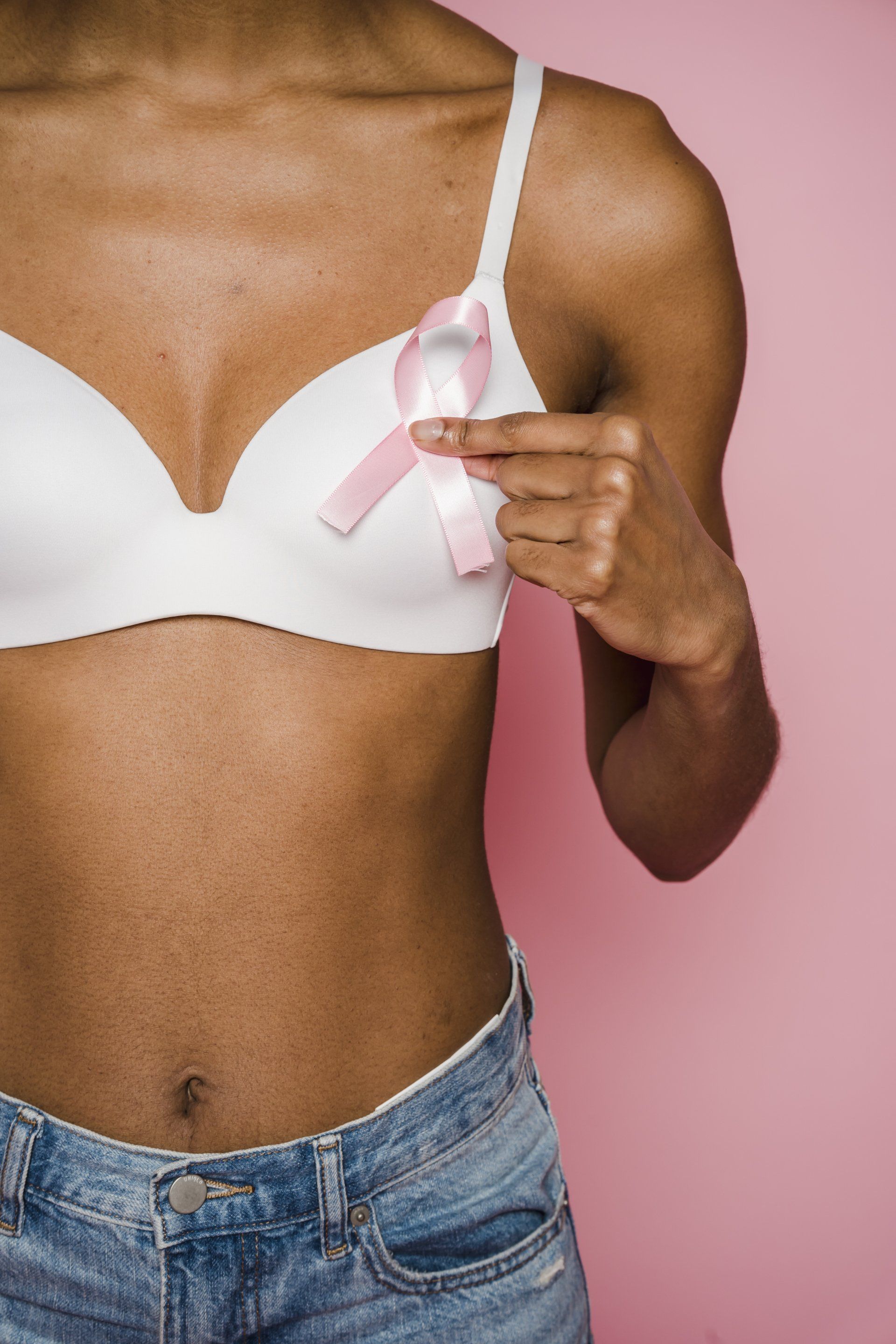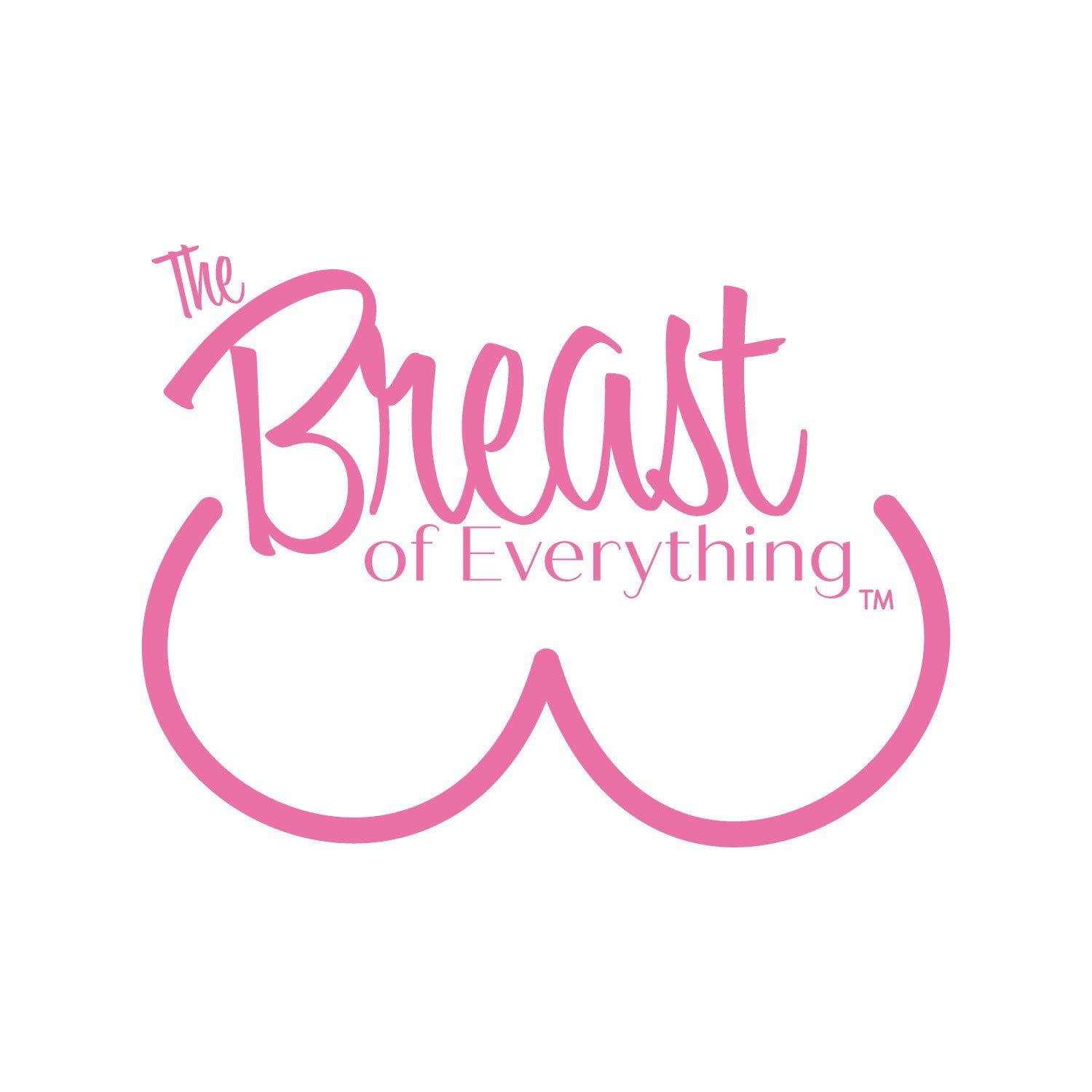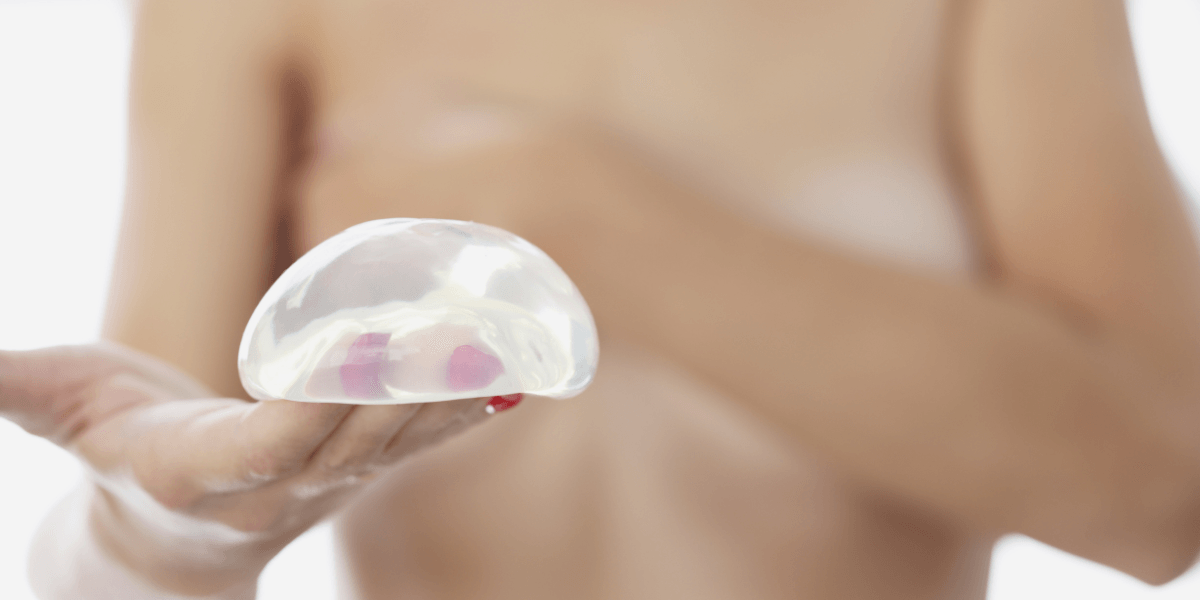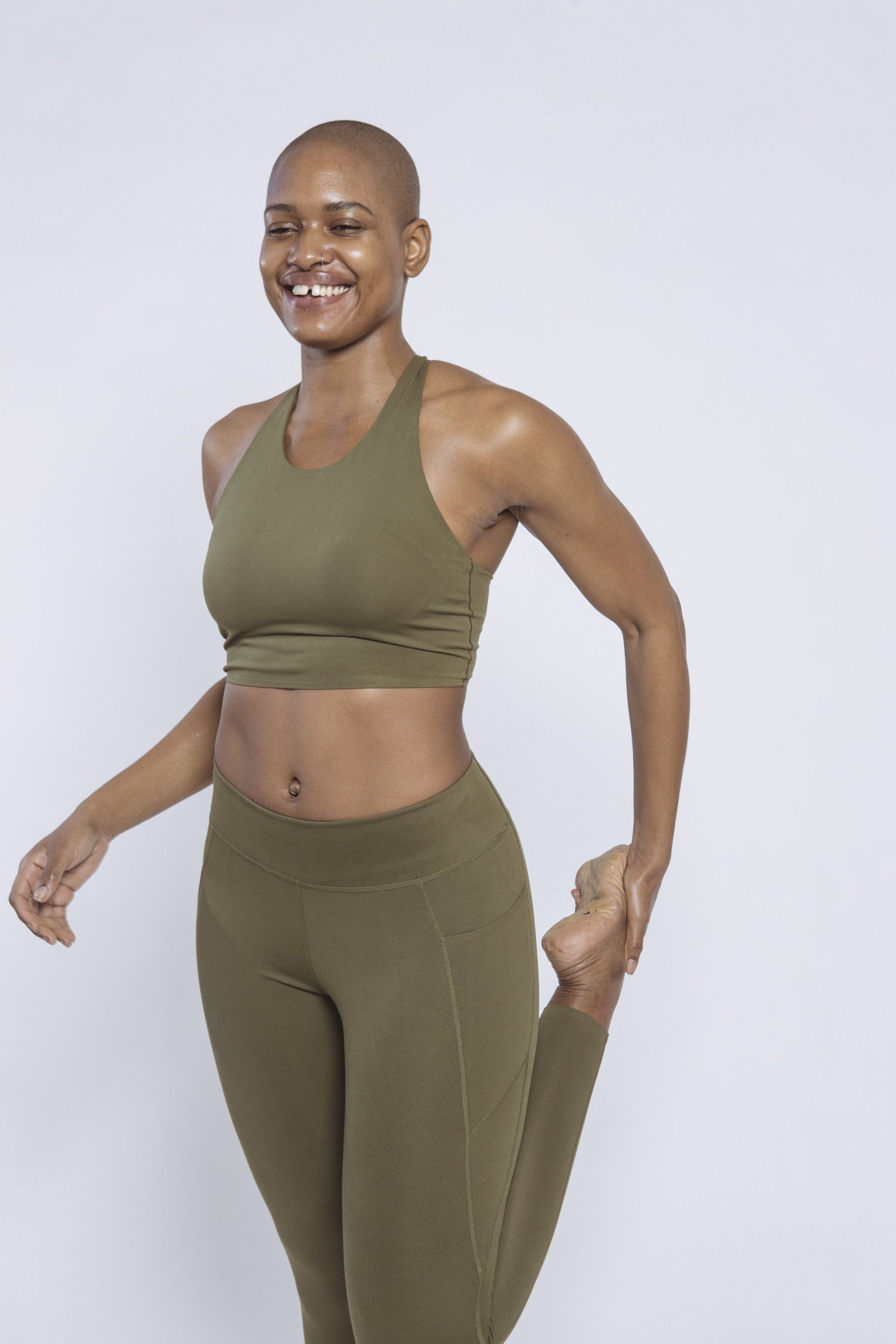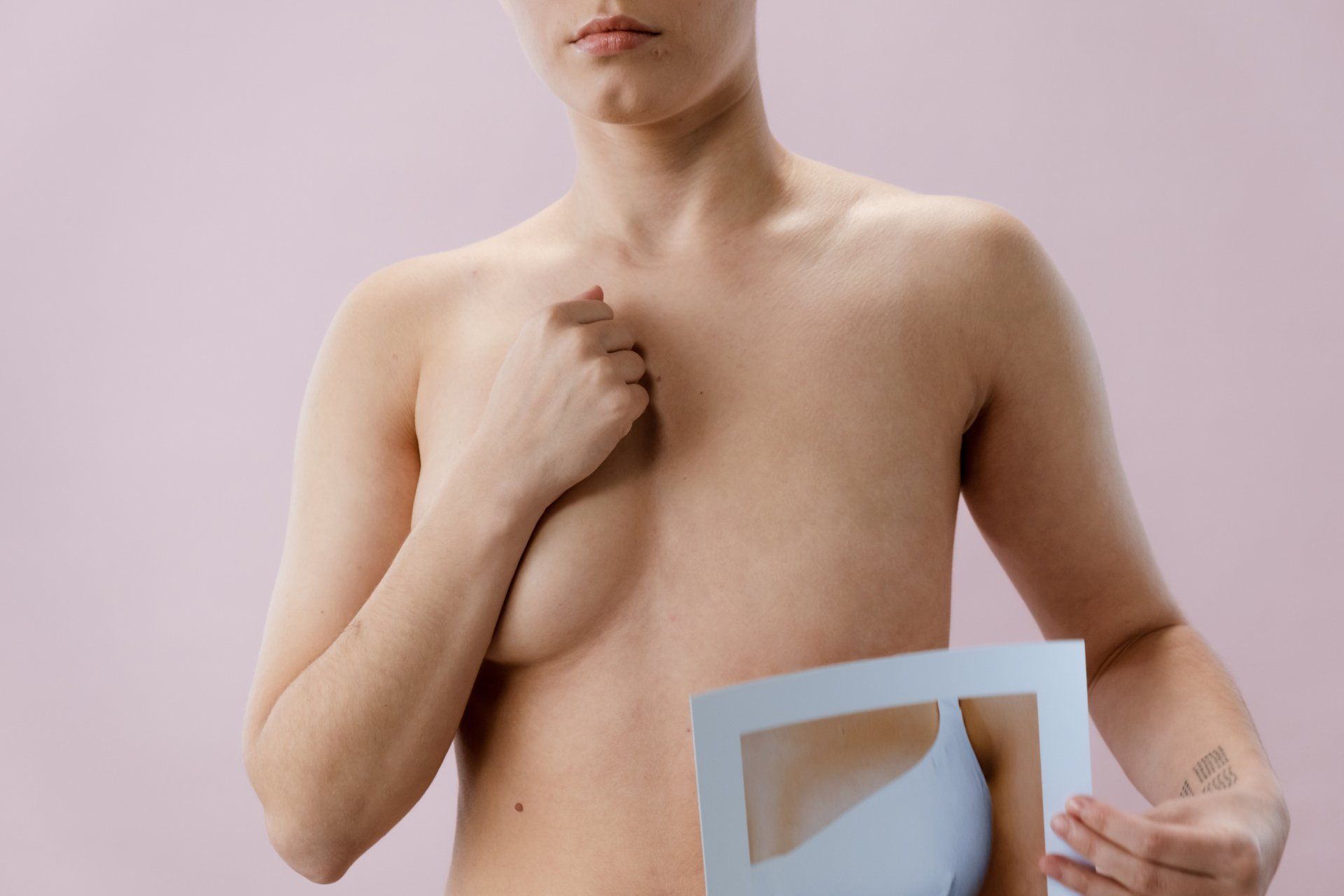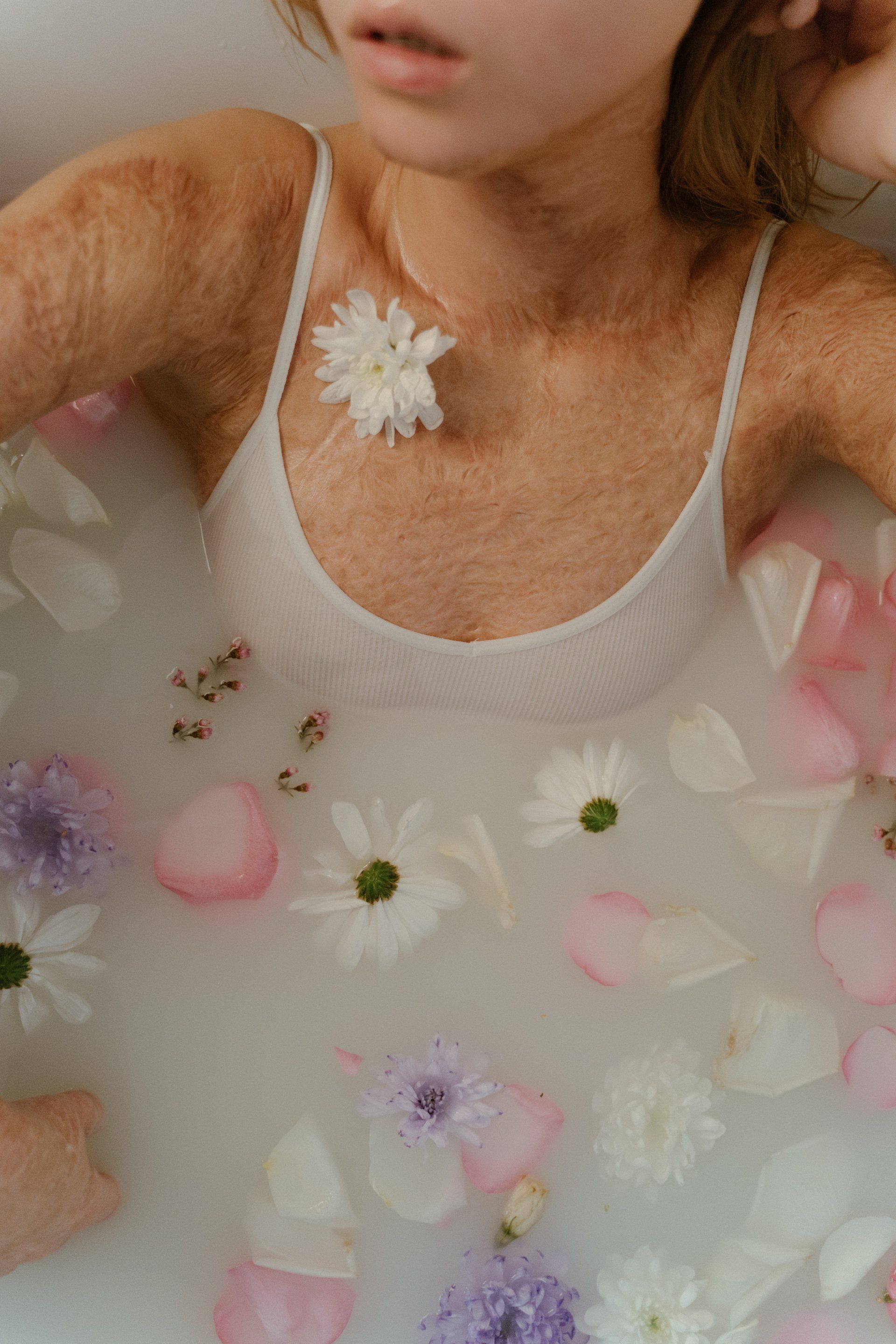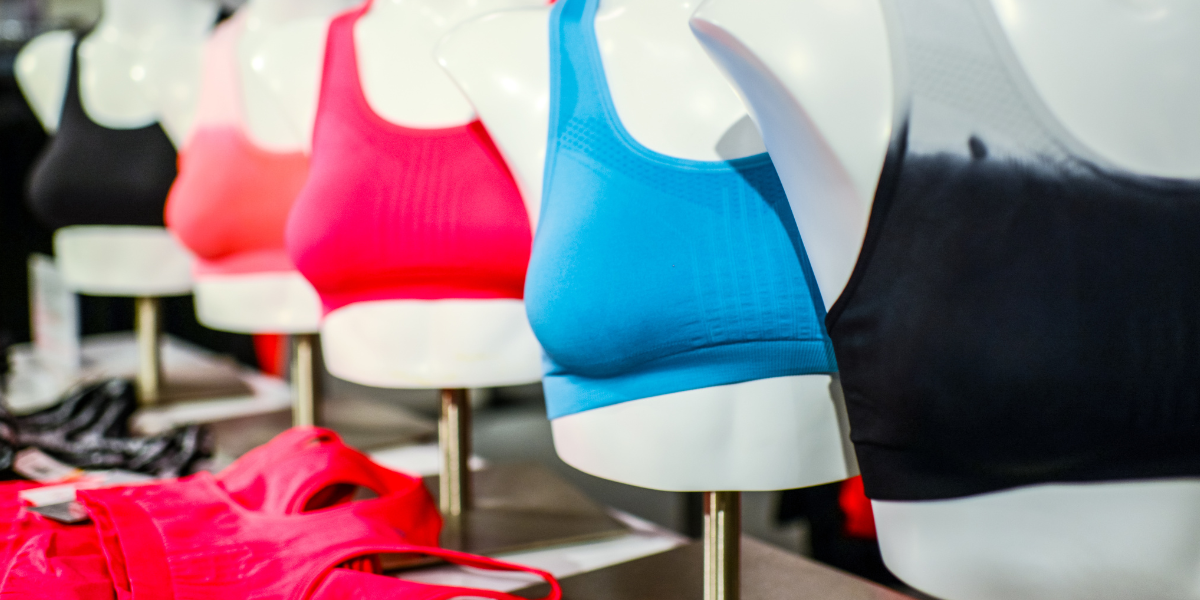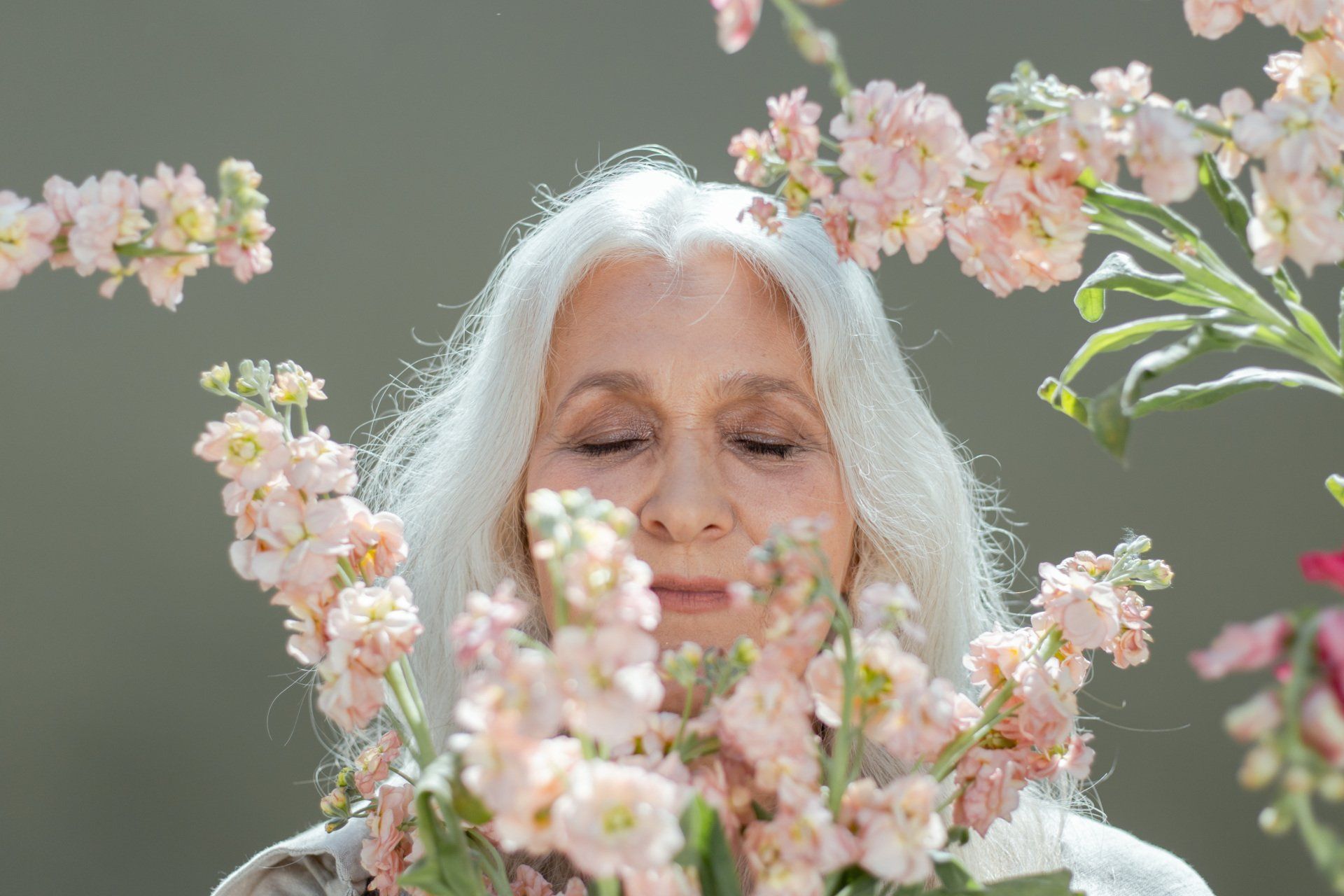9 Breast Cancer Survivor Gifts
After a long battle with cancer, your loved one is finally feeling like themselves again! They've gone through so much and come out the other side stronger than ever!
So what do you give someone who has faced down cancer and won? Here are some ideas for gifts that'll show your loved one how much you care!
RELATED: How To Take Care Of Your Breast Prostheses
Most Thoughtful Gifts for Breast Cancer Survivors | 9 Meaningful Gift Ideas
Mastectomy Pillow
If you're looking for the perfect present for a breast cancer survivor in your life, we highly recommend a mastectomy pillow.
This special pillow has been designed to provide comfort and support for women who've undergone a mastectomy. They can be used during recovery to help reduce swelling and pain, and they can also be used as a long-term solution for women who experience discomfort from scar tissue.
Mastectomy pillows are beautifully crafted and come in a variety of colors and fabrics to suit any taste. Best of all, they make wonderful reminders that you care every time they use it.
Clothing and Accessories
You can buy a new outfit for the survivor in your life, or even a pair of earrings--something that makes her feel special and feminine. If she's lost a lot of weight, you can buy her clothes that fit her new body shape.
For instance, loose-fitting clothes made from natural fabrics like cotton or linen can be gentle on sensitive skin, and they can also be easily adjusted to accommodate any changes in body size.
Other ideas include:
- swimsuits specifically designed for post-mastectomy wear
- specialty bras designed for comfort and support
- jewelry that celebrates their journey with inspiring messages of hope and strength
You may also want to consider a comfortable robe or a loungewear set to wear around the house. This'll let them know you care about their comfort and that you want them to feel beautiful!
Pro Tip: If you're looking for something truly unique, take a look at our loungewear sets! They come in a variety of colors, styles, and fabrics to suit any taste!
Meal
One thoughtful and practical gift idea is to give the survivor a meal. It's an opportunity to nourish the body and soul with food that's both delicious and healthy. This gift could be in the form of a gift certificate to a restaurant, or even better, a home-cooked meal!
If you're not sure what to cook, consider something that's easy to eat and digest. Soups and stews are often good options, as they can be packed with nutrients and don't require a lot of chewing.
Make sure to include plenty of fresh fruits and vegetables, as well as lean proteins. Remember, a healthy diet is essential for cancer survivors!
Whether it's a simple breakfast, lunch, dinner, or an elaborate feast, taking the time to provide a meal for a breast cancer survivor is sure to be appreciated!
Head Scarf or Hat
According to breast cancer research, chemotherapy can cause hair loss. So if you know a cancer patient who's struggling to find a flattering post-treatment look, a head scarf or hat is the perfect gift! It's practical and stylish, and they can also provide warmth and protection from the sun.
When choosing a head scarf or hat, it's important to consider the style and personality of the recipient. Some women prefer brightly colored scarves that make a statement, while others prefer more subdued colors and patterns. There are also many different styles of hats available, from beanies and fedoras to sunhats and parasols.
Look for scarves and hats made from natural fabrics such as cotton or silk, which will be gentle on sensitive skin. If you're not sure what style will suit your friend best, try a few different options and let her choose her favorite.
With a little help from you, she'll be looking and feeling her best in no time!
Basket of Self-Care Items
Breast cancer is a harrowing experience that takes a tremendous toll on a woman’s body and mind. After undergoing surgery, radiation, and/or chemo, many survivors are left feeling sick and lacking energy.
Skin changes and fatigue are just a few of the side effects that survivors may experience. That's why a basket or a box of self-care items can make such a thoughtful and practical cancer survivor gift.
Consider adding items like lotions, soaps, scented candles, and bath bombs. The key is to choose items that'll help the survivor relax and feel pampered.
However, the type of gift basket should be tailored to the individual's needs and preferences. For example, if the person has sensitive skin, make sure to include hypoallergenic products.
So remember, take some time to find out what kinds of things they like before putting together your basket!
Personalized Mug
A personalized mug can be used to enjoy a hot cup of coffee or tea, and it also serves as a reminder that the survivor is loved and supported.
You can find mugs with inspirational quotes, survivors' names, or simply "Survivor" written on them. If you want to go the extra mile, fill the mug with some of the survivor's favorite candy or tea bags! And if you know the survivor's favorite color, you could choose a mug in that shade.
No matter the design, a personalized mug is a simple but meaningful way to show that you care!
RELATED: 9 Healthy Aging Tips
Spa Day
A day of relaxation at a spa is a chance for any survivor to forget about their breast cancer treatment for a while and just focus on being pampered.
A day at the spa can include a variety of treatments, such as massages, facials, and manicures. It can also incorporate other activities such as yoga or meditation, which can help to ease anxiety and promote relaxation.
Most spas also offer services that are specifically designed for breast cancer survivors, such as lymphatic massage and reflexology. These treatments can help to improve circulation and reduce swelling.
You can purchase a gift certificate for a local spa, or even put together your own at-home spa day with some scented candles, bath bombs, and sheet masks!
A spa day can also be a great way to reconnect with friends and family. Survivors often experience feelings of isolation and loneliness in the hospital, but spending time with colleagues and loved ones can help to fight stress and promote healing. Most importantly, this gift is a chance for survivors to focus on their sense of well-being and rebuilding their strength.
Inspiring Books
Breast cancer is a life-changing disease, and survivors often face a long and difficult road to recovery. One way to show your support for a breast cancer survivor in your life is to give them a gift that'll inspire and uplift them.
Books can be an excellent choice, as they can provide comfort and strength when they're needed most. In particular, we recommend the following books:
- "The Sun and Her Flowers" by Rupi Kaur: This is a collection of poetry and prose about womanhood, nature, healing, and growth. It's perfect for anyone who's seeking comfort and beauty in the midst of difficult times.
- "The Fault in Our Stars" by John Green: This is a young adult novel about two teens who met and fell in love in a cancer support group. It's a funny, heartwarming, and ultimately hopeful story that has inspired readers of all ages, kids and adults alike.
- "Everything Happens for a Reason: And Other Lies I've Loved" by Kate Bowler: This is an inspirational and thought-provoking memoir about life, love, faith, and dealing with illness. It's guaranteed to make readers think deeply about the power of resilience in the face of adversity.
- "The Tattooist of Auschwitz" by Heather Morris: This book is based on the true story of Lale Sokolov, who was imprisoned in Auschwitz during World War II. While there, he fell in love with a fellow prisoner and used his position as a tattooist to protect her. This powerful novel is a testament to the human capacity for hope and love in even the darkest of circumstances.
These are just a few examples of the many inspiring books that are available. So pick one that you think your friend or family member will enjoy, wrap it up, and let them know they're in your thoughts!
Thoughtful Card
Sometimes, the best gift of all is simply letting the survivor know that you're thinking of them and offering your support. A card expressing your love and well-wishes can mean more than any material item ever could.
Include a personal note detailing why they're special to you and how much you admire their strength during this difficult time in their life. You can also opt for a card with an inspirational quote or message, such as "Strength doesn't come from what you can do. It comes from overcoming the things you once thought you couldn't."
No matter what you choose, this is one great gift that'll show the survivor just how much you care, and you don't even have to spend a lot of money!
Final Thoughts
Gifting a thoughtful present to a breast cancer survivor is one of the best ways to show your support and love. Above are just a few ideas that can help you make sure your breast cancer gifts are extra special!
Consider the individual's needs and preferences, and choose items that'll help them relax, unwind, and feel pampered. Most importantly, remember that sometimes, simply letting them know you're thinking of them can be the most meaningful gesture and can already bring a smile to their face.
Whatever you choose to give them, it's sure to be appreciated as an act of kindness. It may even inspire other people around them who are going through similar experiences! So don't forget to spread some love and show your appreciation for breast cancer survivors every chance you get!
If you're looking for more ideas of best gifts to give, check out our site! Whether your loved one has just completed treatment or is celebrating many years of being cancer-free, we have a wide selection of gifts to choose from! So don't hesitate to take a look and find the perfect present for your special survivor!
Up Next:
- What Is Healthy Aging?
- 9 Benefits Of Intermittent Fasting: Women Over 50
- 5 Signs You're Under Too Much Stress (and What to Do About It)
